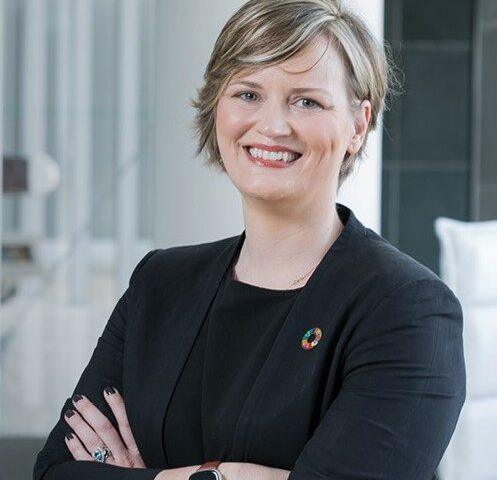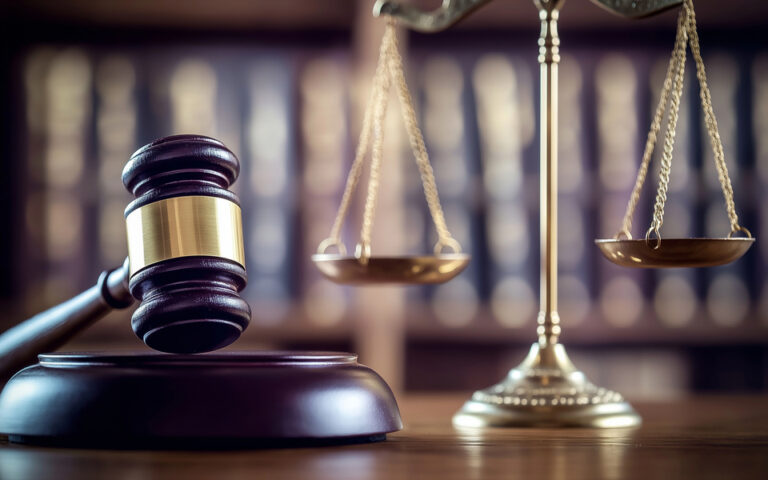Just Share has submitted comments on the Department of Mineral Resources and Energy (DMRE)’s “Gas Masterplan Basecase Report” published for public input over the year-end holiday period. Public comments were due on 31 January 2022. On 1 February, i.e. after comments were due and had been submitted, the DMRE extended the comment period until 15 February 2022.
The Basecase Report’s stated aim is to “establish baseline information for the natural gas sector in South Africa” and to “set the scene” for the Gas Master Plan; which “will serve as a policy instrument, providing a roadmap for taking strategic, political and institutional decisions which will guide industry investment planning and coordinated implementation”.
The Basecase Report states that fossil gas will “play a very important role in South Africa in the future”, and has “the potential to completely change the economy by stimulating economic growth and development, stability and job creation”.
The DMRE does not, however, outline the scientific, policy or regulatory basis for the Basecase Report’s assumption that the pursuit of significant gas development is an appropriate pathway for South Africa.
The DMRE’s position is not supported either by independent analysis or by evidence on the ground. Instead, the Basecase Report relies largely on information provided by the gas industry to support its claims about the future role of gas.
The Basecase Report also runs starkly counter to the urgent need – and, in fact, South Africa’s obligation – to reduce greenhouse gas (GHG) emissions to limit the worst impacts of global heating.
The DMRE’s intention to create an artificial gas market by using the electricity sector as an “anchor tenant” to stimulate gas demand is irrational and unnecessary.
The Basecase Report claims that gas will bring economic prosperity, and holds Mozambique up as an example of a gas success story. Just Share’s comments demonstrate, based on independent assessments of the impacts of gas development in Mozambique, that gas finds have, in fact, negatively affected Mozambique’s development and energy security. Mozambique remains one of the least-developed and most heavily-indebted countries in the world, and Mozambicans are now on average poorer than they were a decade ago.
Reliance on gas industry projections
Despite the intention of the Basecase Report to establish baseline information for the fossil gas sector, and ultimately inform “strategic, political and institutional decisions which will guide industry investment planning and coordinated implementation”, it was prepared without a tool “to model the current gas sector in the country as well as to develop immediate sector expansion scenarios”.
The absence of robust modelling clearly precludes the development of a rational Gas Master Plan.
The Basecase Report makes no reference to any of the substantial research and credible modelling on the gas sector published by independent institutions and civil society. Instead, it largely quotes projections made by the gas industry (including BP, Sasol, the Industrial Gas Users Association, Southern Africa, the International Gas Union, the South African Oil & Gas Alliance, the Petroleum Agency of South Africa, and PetroSA).
It is in the interests of fossil fuel companies, and their associated industry associations, to motivate for the increased exploitation of gas. Claims and projections made by those with vested interests must be carefully and objectively interrogated, and compared and contrasted with independent analyses.
Gas is not clean, nor environment- or climate-friendly
There is no evidence to support the Basecase Report’s claims that gas is clean, environmentally-friendly, and will help South Africa meet its climate change commitments.
The Basecase Report makes no mention of the landmark 2015 Paris Agreement, any of the Intergovernmental Panel on Climate Change reports, or of South Africa’s nationally determined contribution (NDC) in terms of the Paris Agreement. Nor does it demonstrate whether – and if so, how – the gas ambitions it reflects will align with South Africa’s climate commitments in its NDC.
Methane (the main component of fossil gas, which is emitted during its extraction, production and burning) heats the atmosphere 84-86 times more than carbon dioxide over 20 years. Over this crucial period, gas’s climate impacts are higher than those of coal per unit of energy produced.
The Basecase Report fails to acknowledge the crucial role that strong, rapid and sustained reductions of methane must play in efforts to limit the increase in global heating to 1.5°C. Expansion of fossil gas infrastructure and usage is incompatible with meeting this critical temperature target.
Gas will not bring economic prosperity
The Basecase Report provides no substantiation for its assertions that the economy will benefit from developing gas resources.
The government of South Africa has failed to deliver on decades of promises to address poverty, inequality and unemployment. This is at least in part because it has failed to address the exploitative foundations of our fossil fuel-based economy, which continues to enrich an elite few at the expense of the majority of the population.
There is no credible basis on which to conclude that continued investment in fossil fuels – including gas – will lead to a different outcome. In circumstances where renewable energy is now the most cost-effective, easily-deployable source of energy, with the potential to transform energy access, energy security and industrial activity, it is inexplicable that the government would choose to follow a path which will almost certainly entrench and exacerbate existing inequality and energy challenges.
The power sector does not require gas
The Basecase Report states that a “challenge in developing the gas sector is to bring gas demand and supply on stream at the same time and spread geographically to stimulate broader localized demand through South Africa”. Its stated plan for “breaking this impasse is to create significant “anchor” gas demand through the development of a gas-to-power programme”.
Expert evidence demonstrates that, for the next decade at least, new gas capacity is not needed to meet demand and prevent load-shedding. It is irrational to artificially stimulate demand for new fossil fuels in a sector which is not only responsible for the bulk of emissions, but is also the easiest to decarbonise.
The optimal pathway is for South Africa is to build renewable energy and hold off on any decision to develop new gas infrastructure for 10-15 years. This least-cost scenario also avoids locking South Africa into long-term LNG fuel purchase commitments.
Way forward
It is irrational to continue to invest in fossil fuels when these are not least-cost, sustainable, nor required for energy security. New fossil fuel projects, as envisaged in the Integrated Resource Plan for electricity, will harm South Africa’s global competitiveness, lock the country into many more decades of harmful air pollution, environmental degradation, and carbon emissions, and thwart our ability to meet ambitious emission reduction targets in the future.
The Basecase Report should be amended to reflect these realities. Before developing any “Gas Master Plan”, the DMRE should also seek comment on a version of the Basecase Report updated with: (a) input from appropriate energy system modelling and quantitative analysis (which has been made available for peer review); and (b) with the public’s input on the updated Basecase Report.
IMAGE: Gallo Images/sunshineseeds





